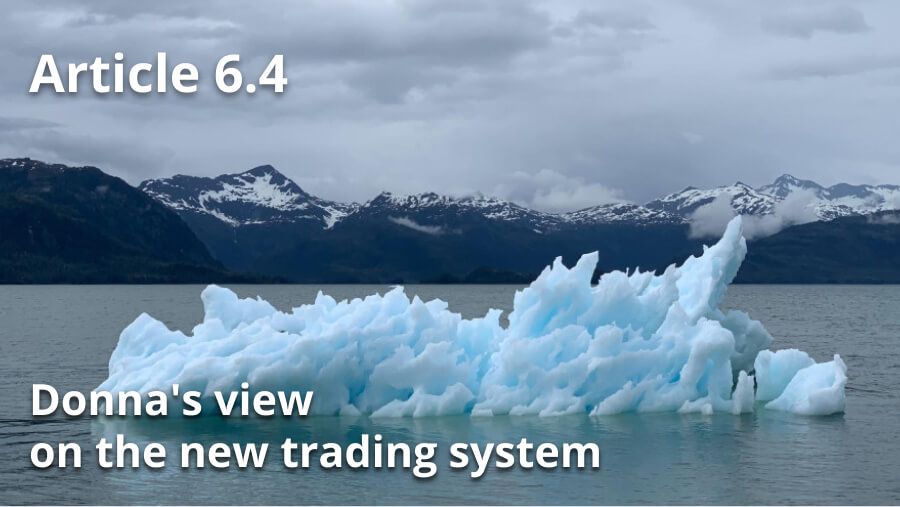
[image credit: Unsplash/Melissa Bradley]
Calyx Global co-founder Donna Lee shares a view on Article 6.4, the emerging emissions trading mechanism under the Paris Agreement. Read below to hear Donna's take:
Article 6 sets forth international emissions trading under the Paris Agreement. It includes two key provisions: (1) Article 6.2, which is bilateral government-to-government transactions, and (2) Article 6.4, which is a centralized system of trading, similar to the Clean Development Mechanism (CDM). The rules that are agreed under Article 6.4 are important – not only because of the impact on international trading of carbon credits under the Paris Agreement, but also because they will send a signal that can also impact other carbon markets.
Recently, I joined several other carbon market experts from Oko-Institut, Stockholm Environment Institute (SEI), GHG Management Institute (GHGMI), Carbon Limits, INFRAS and the University of Edinburgh to submit our views on a few key issues being discussed under Article 6.4. There are two key points that I would like to highlight:
#1 - Right now, avoiding emissions is as important as scaling up removals. While over time this may change, if we "open the bathtub drain" (i.e. focus on scaling removals), we won't get anywhere unless we slow the amount of water going into that bathtub in the first place... by a lot. Calyx Global’s analysis shows that some of the highest integrity carbon credits are those that tackle emissions. These should be included in the Article 6.4 mechanism – at least at the start and until we get emissions under control.
#2 - We must take reversal risk seriously. Yes, we must protect and restore forests and other important ecosystems. And carbon markets can play a role to do so. But today, required monitoring for reversals under most standards presents a serious GHG integrity issue -- with significant gaps where losses can occur yet remain unaddressed over a reasonable period of time. Article 6.4 needs to be clear on monitoring and timeframes for addressing reversals to ensure that carbon credits are reliable over the long term. We should not pass the problem to future generations.
It is critical that the UNFCCC gets this right if it wants to have a significant impact, meet the goals of the Paris Agreement, and send a positive signal to other carbon markets as well.
Get the latest delivered to your inbox
Sign up to our newsletter for the Calyx News and Insights updates.
